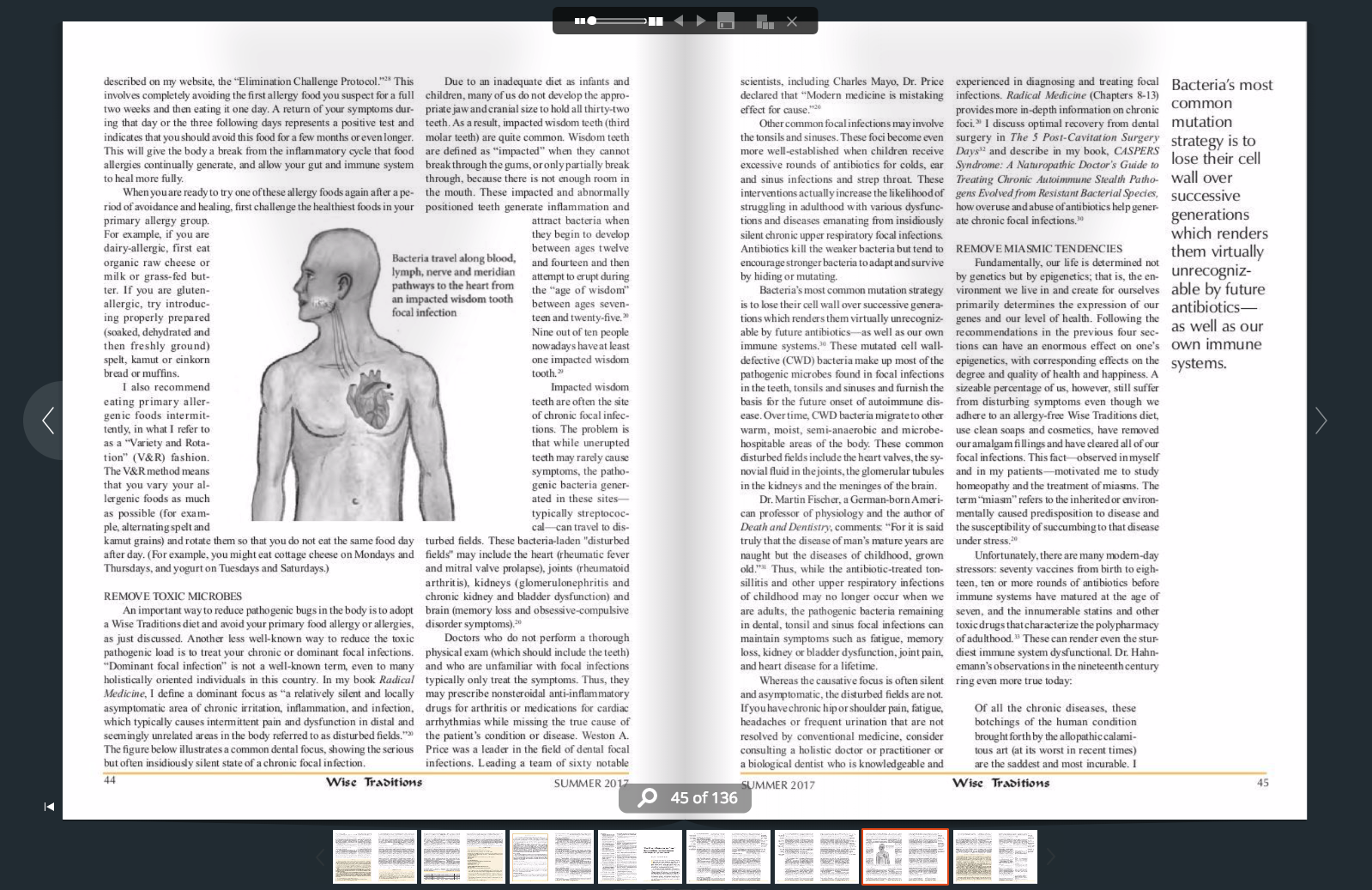The Metabolic Approach to Cancer: Integrating Deep Nutrition, the Ketogenic Diet, and Nontoxic Bio-Individualized Therapies
By Nasha Winters and Jess Higgins Kelley
Chelsea Green Publishing
Cancer. So much fear. So much financial cost. All from such a small word. With The Metabolic Approach to Cancer, Dr. Nasha Winters and Jess Higgins Kelley seek to give people hope, both financial and otherwise, in facing this modern-day Goliath.
If standard approaches to cancer are reductionist, seeking to kill cancer before it kills us, The Metabolic Approach is holistic, exploring ten areas that have an impact on cancer and our ability to overcome it. Coming in at over three hundred pages of relatively small print, the book covers far more content than even a multi-page summary could report on.
My review takes as its starting point the book’s final chapter, which focuses on applying the book’s lessons in our kitchens. Overall, the closing chapter is an excellent summary for someone who needs to leave the standard American diet behind and who may be highly motivated to do so because of their current condition. The chapter advises removing packaged, processed and industrial foods and meats, along with the host of things that often go with them—the additives, preservatives and other unnecessary and dangerous chemicals that contaminate our modern food supply. I found a few small items to quibble about (for example, sodium nitrates and nitrites), but overall, this book provides one of the most solid summaries of food and cooking that I have come across.
After removing processed foods, the chapter advocates transitioning to a gluten-free diet and then moving toward a low-carb, ketogenic diet to deal with cancer. Although I wish the authors had covered some of the dangers of gluten-free diets, their laudable overarching theme suggests focusing on high-quality foods, not being afraid of fats and cholesterol and avoiding processed foods, especially processed carbohydrates.
The authors also know that health isn’t only found in the kitchen. Our health is the complex interplay between our lifestyle, our internal emotional states, our microbiome, our epigenetics and environment and so much else. The chapters covering all these topics are dense, weaving food-related concerns in and out of the discussion quite often.
It is refreshing to see the authors address the relationship of GMOs and glyphosate to cancer early in the book. Soon after, the authors discuss organ meats in glowing terms, describing them as “the genetic superfood.” The authors support their applause for organ meats with insights into how vastly superior organ meats are to muscle meats due to the former’s “substantially higher” vitamin and mineral content. Eggs also receive their due praise as “the quintessential superfood.” When discussing dairy, the authors include the admonition that “it is always healthiest in its raw and natural state.” Dr. Weston Price would heartily agree.
But again, food alone isn’t the only formidable foe in fighting cancer. Sections of the book cover personal care products and clothing, including the dangers of the modern chemicals that we use in our homes to clean house and wash clothes. The authors note the irony of people dying their hair pink to show solidarity with those facing cancer while exposing themselves to chemicals that contribute to cancer. In their comments about dealing with our toxic world, the authors once again cross over into Weston A. Price territory, recommending high-quality animal protein, bitters and beets as some of the foods that can help activate the body’s defenses against the toxins to which we are exposed on a daily basis. Fermented foods and even fermented fish also receive appropriate praise. I was especially delighted to see the authors mention the benefits of lesser known roots and vegetables, such as turmeric and fennel, among many others.
Winters and Kelley are careful to point out how our modern world and lifestyles can lead to dysregulation in our bodies that set the stage for cancer. Whether discussing immune system dysregulation driven by nutrient deficiencies, or hormonal imbalances driven by both diet and a xenoestrogen-enriched environment full of novel modern chemicals, they remind readers that bringing our bodies back into balance involves dealing with the complex factors that caused the dysregulation in the first place. Trying to overcome cancer apart from these realities and confounding forces leaves us with too few resources and tools, save those that kill us while seeking to kill the cancer. Bringing attention to these other areas is empowering and lets our bodies and the healing arts take part in the battle.
As someone who has spent a number of years reading, writing and speaking on food, farming and health, I appreciate the breadth that Winters and Kelley bring to the subject of cancer. Rarely does a book cover so much, so well. For practitioners who have experience in helping people overcome cancer, The Metabolic Approach can serve as a thought-provoking companion volume to your own work and research. Average folks, too, will find a wealth of information and advice to consider. All readers will be reminded that this deadly modern disease has weaknesses that each of us can exploit through our daily dietary and other choices, to protect ourselves and our loved ones. Two thumbs UP.
This article appeared in Wise Traditions in Food, Farming and the Healing Arts, the quarterly magazine of the Weston A. Price Foundation, Fall 2017.
🖨️ Print post


On page 45, under Proper Preparation of Protein, she mentions slow cooking heat. Is pressure cooking, like in an Instant Pot, okay too? Any thoughts? Thanks